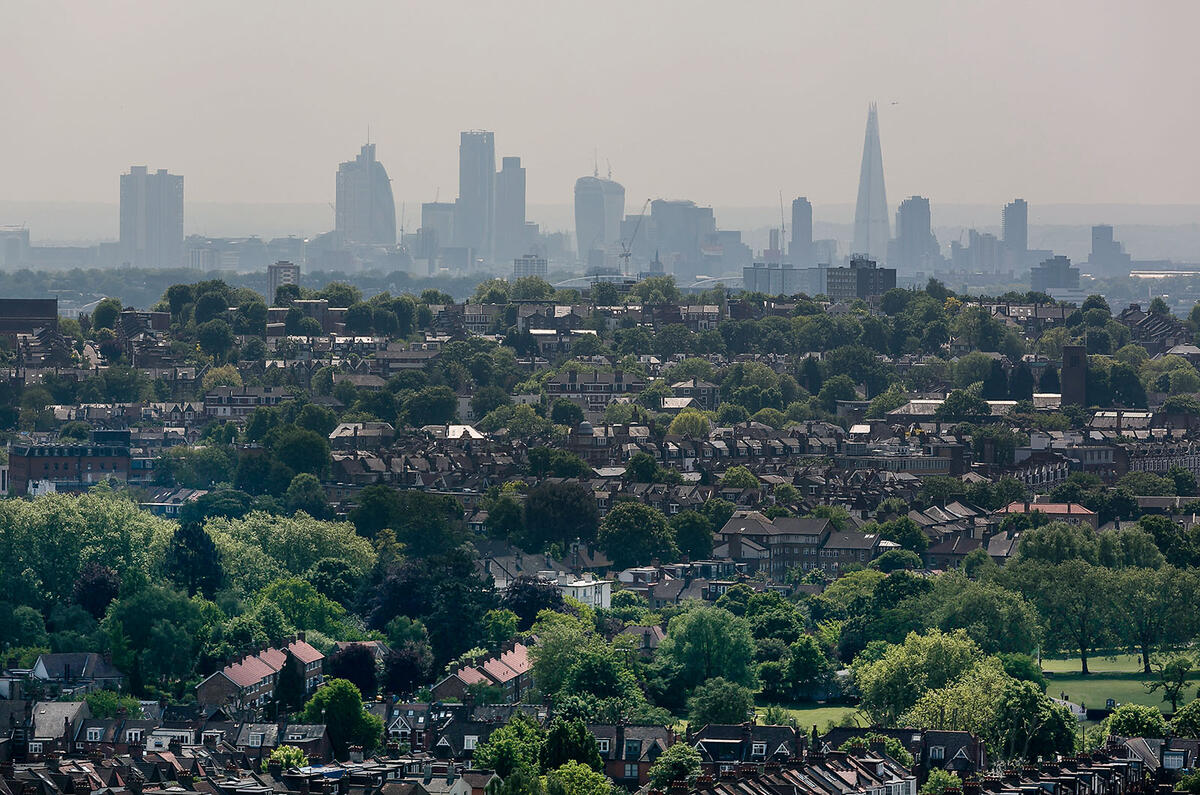Last month, more people bought diesel cars (or, rather more accurately, more diesel cars were registered) than in any previous September.
Okay, they made up a slightly smaller proportion of new car sales than usual, but that’s not surprising. Firstly, because there’s a natural trend towards ever more efficient petrol engines and alternative fuels, and secondly, because some diesels have been getting a tough time of it recently. I don’t know. You might have heard.
Anyway, still encompassing nearly half of all new car sales, diesel is not really going anywhere. And in towns, lots of diesel cars not going anywhere is precisely the problem.
Diesels have been made popular because they will often emit less CO2 than a petrol equivalent – which is better for not warming the planet – but they’re worse for you if you live in an urban area, because they upset the local air quality by putting out more mono-nitrogen oxides and particulates. What’s good (or less bad) for Arctic tundra is bad for Mrs Miggins of Kilburn High Road, and vice versa.
As far as I can tell, there isn’t a solution that is good for both of those groups, except to stop driving completely (which is a luxury most of us cannot afford), or at least in towns, which is more compelling but often not particularly practical.
Towns and cities struggling to meet their own air quality targets can limit the number, or types, of cars that are allowed in – perhaps by charging those who want to. But although that’ll please the local air sensors, it won’t please local businesses. Nor does it actually help if it sends people to out-of-town retail parks instead. It results in precisely the same amount of emissions, just spread over a wider area and to the detriment of small businesses.
The mayor of London has suggested there should be another vehicle scrappage scheme to reduce tailpipe emissions. I’m not sure about that, either.
Manufacturers like scrappage schemes because they mean they shift new metal, which is what they’re in the primary business of doing.
But although what comes out of the tailpipe of a new car contains fewer harmful emissions than an old one, the benefit is paid for with the increased emissions and energy consumption of making the car in the first place: in mines where iron and aluminium are sourced, in steel plants where metal is recycled, in oil wells and in plastics and paint factories. In terms of minimising overall environmental impact, there must be an optimum time to replace a car, but finding it is not the aim of these schemes.
Yes, local air quality improves and, on paper, things seem tickety-boo. But all you’ve really done is cheated the system to made it look like the problem has gone away when it has actually just gone elsewhere. Which is a not unfamiliar scenario at the moment, no?







Join the debate
Add your comment
petrol better than diesel
I live in the city of Brussels, which has some of the worst air quality in Europe thanks to a very pro-diesel and pro-company car tax regime operated by the government over many years. I think it's true that the EU hasn't helped either, by allowing a lax testing system to be left in place for new car types.
Stingy...
And what of us poor sods who can't afford a new car?
The problems with PM10's is mostly down to the very high pressure injection systems and the issues over NOx in cars with AdBlue is much less significant. Where is the objection over LGV/HGV/Busses spewing out black clouds? Oh, it's easier to tax the car...
Where is the pressure for the use of LPG which is a cleaner fuel?
My main LR (13 yr old) uses an old BMW diesel, my wife's 10 yo car is diesel (1.9tdi), virtually all other the cars in the village are diesel. Fuel economy, parts and cost of servicing is so much cheaper than new complicated turbo/supercharged petrols. How is this to be tackled? More borrowing/debt?
Putting all the tax on fuel seems on the surface to be a good way to deal with pollution costs but for those on low incomes it just doesn't work. Also those who get the company to pay for the fuel won't care either. Let us not forget that a car is a means of transport for most. Yes we have to do something about pollution and global warming but it always seems to be those at the bottom who suffer the most. No worries as it's OK we are easy targets and can't afford not to have our cars. /RANT
@ kourgath
One of the biggest issues with successive governments is the London centric decisions and the 'Stick' rather than 'Carrot' actions....clearly done to increase revenue rather than assist the electorate.
I also live in a rural area...yes there are far too many London types moving in pushing up housing prices and creating an illusion that this is a 'wealthy county', and yet I know many people from the village earning £15k or less p.a. All of these people need a car to get to work ( we don't have a bus service), taxing them off the road is counter productive. The only reason they run diesels is because the Government is so greedy with fuel tax, and many of them run quite old cars as a result.
Even offering scrappage wont mean that they can afford a new car.